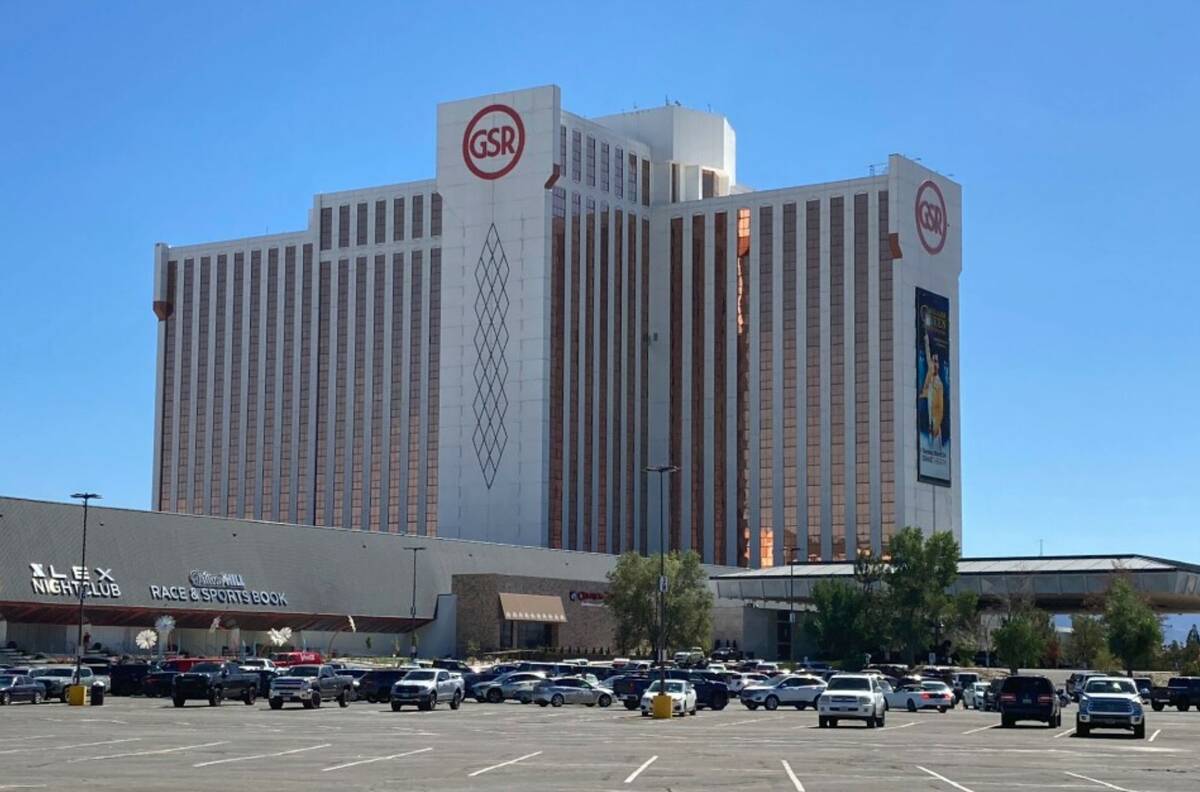Nevada resort fined $250K for denying agent access

Northern Nevada’s largest casino was fined $250,000 Monday by the Nevada Gaming Commission for failing to allow a Nevada Gaming Control Board agent access to a theater in the Reno resort.
MEI-GSR Holdings LLC, doing business as the Grand Sierra Resort, didn’t contest the complaint issued by the Control Board in October.
In the complaint, the Control Board alleged that security guards at the resort prevented board enforcement agents from accessing a GSR theater in a routine check at the property on Dec. 19.
The complaint says there was a similar occurrence at Grand Sierra Resort in January 2021 and the Control Board issued a violation letter in February 2021.
In that instance, the resort had hired security officers who were not properly registered with the Private Investigators Licensing Board to supplement their security personnel.
In the stipulation for settlement, Senior Deputy Attorney General Michael Somps said Grand Sierra Resort admitted that the board agent was delayed access for about six minutes, but then was allowed to enter the theater without being disarmed, but the agent chose to leave the premises after additional discussion with security officers.
Grand Sierra Resort is owned by the same company that operates the Sahara in Las Vegas.
In Monday’s hearing, Somps was asked by commissioners why the agent was trying to access the resort’s theater. Somps said Control Board agents have wide discretion in entering any areas in a licensed casino-resort, citing examples from several years ago that agents chose to observe resort nightclubs to investigate multiple allegations involving drug use. Somps did not specifically cite what agents were looking for in the December incident and said while Grand Sierra Resort estimated the delay of entry by the agent was only six minutes, Control Board testimony indicated the wait was longer.
“As you know, board agents have access to all portions of the premises of a gaming establishment,” Somps said. “The definition of premises is essentially curb to curb. Why a particular agent would want to go into a non-gaming area, it’s because those non-gaming areas can also impact the policy of the state of Nevada, impact the reputation of the gaming industry and the reputation of Nevada. An example of that can go back to the disciplinary matters that were taken by the board against licensees for events that happened in their nightclubs, which was off the gaming floor.”
Contact Richard N. Velotta at rvelotta@reviewjournal.com or 702-477-3893. Follow @RickVelotta on X.